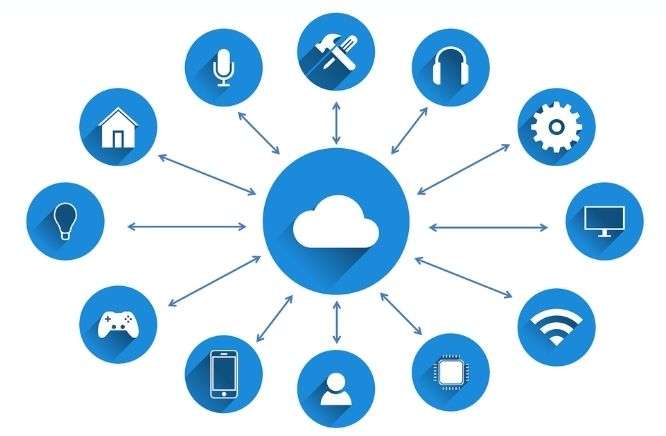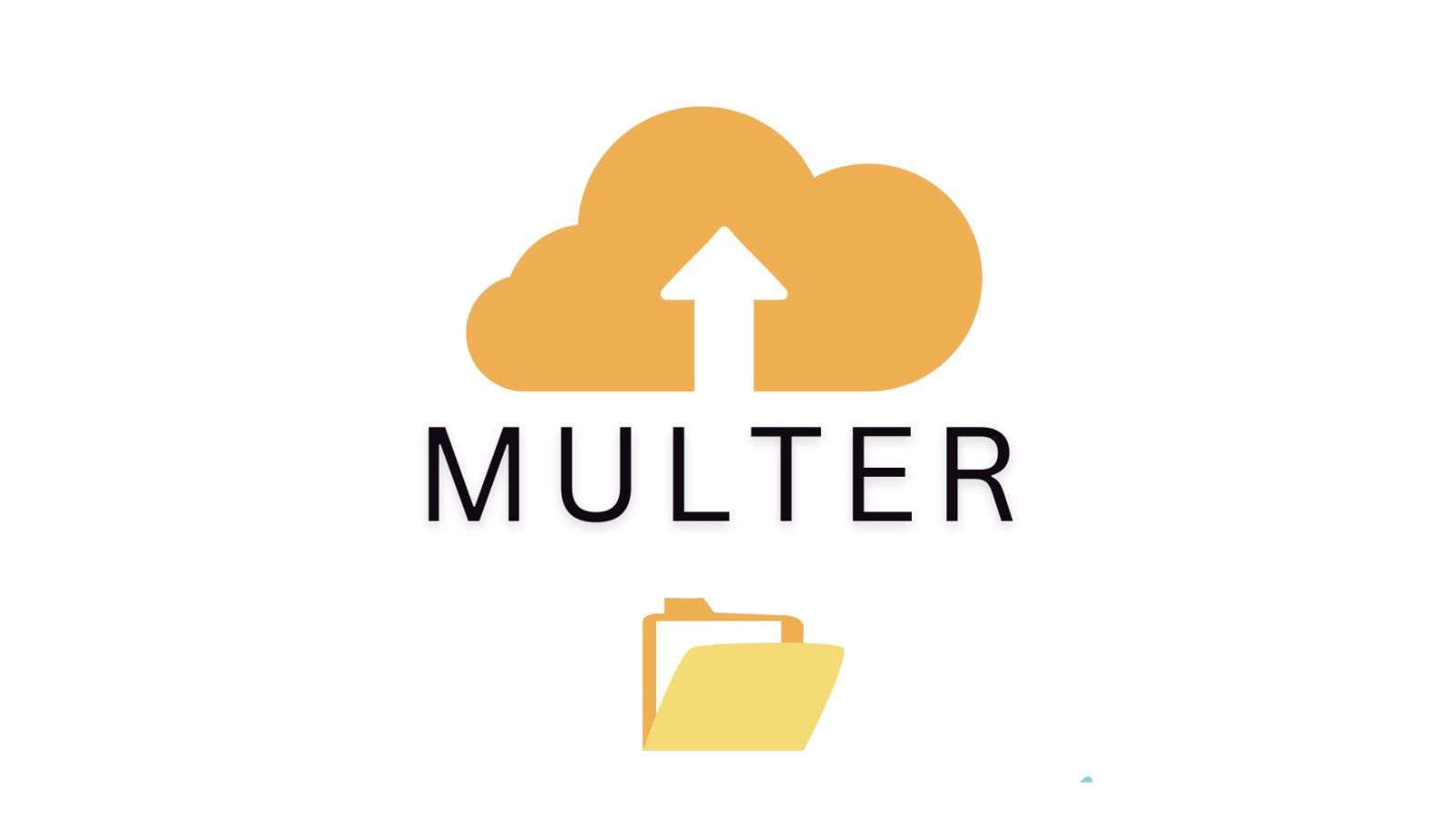
Secondary devices are used to store data but we have to take them with us which is not always relevant, so we save the data and use the software which is saved in the internet (cloud, i.e. in the sky, not in our computer, it is in the remote computer). This concept is called Cloud Computing.
Cloud computing is a general term for anything that involves delivering hosted services over the internet. These services are broadly divided into three categories:
- Infrastructure-as-a-Service (IaaS)
- Platform-as-a-Service (PaaS)
- Software-as-a-Service (SaaS)
In general, organizations have three different cloud deployment options:
- Public Cloud
- Private Cloud
- Hybrid Cloud
Note: Each has its own strengths and weaknesses.
1. Public Cloud
A platform that uses the standard cloud computing model to make resources, such as Virtual Machines (VMs), applications, storage, etc. available to users remotely is called a public cloud.
The public cloud is provided by the providers over the public Internet, making them available to anyone who wants to use or purchase them.
They may be free or sold on-demand, allowing customers to pay only per usage for the CPU cycles, storage, or bandwidth they consume.
The main benefits of public cloud service are:
- Public cloud reduces the total cost of ownership (TOC) by elimination of capital cost and maintenance cost.
- Flexibility for a mobile workforce
- Only that part is used how much the user has paid. There is no waste of the resources.
2. Private Cloud
Private cloud is a type of cloud computing which is a dedicated environment that delivers similar advantages to public cloud.
It has the benefits like scalability, improved resource utilization and self-service capabilities.
It is located at a data center operated by either an organization or a hosting service provider. Private cloud provides strong control and security over its apps, data and systems.
A private cloud allows organizations to enjoy some of the scalability and agility benefits of cloud computing without some of the security and compliance concerns that can arise with a public cloud.
However, a private cloud is generally more expensive and more difficult to maintain than a public cloud.
3. Hybrid Cloud
A hybrid cloud is a combination of a public cloud and a private cloud that are managed as a single environment.
This sort of arrangement can be particularly beneficial when enterprises have some data and applications that are too sensitive to entrust to a public cloud but that need to be accessible to other applications that do run on public cloud services.
Hybrid clouds are also helpful for “cloudbusting” which involves using the public cloud during spikes in demand that overwhelm an organization’s private cloud.
Managing a hybrid cloud can be very complex and requires special tools.
It’s important to note that a hybrid cloud is managed as a single environment. When organizations have more than one cloud – public, private and/or hybrid – that they manage independently, experts call it a “multi-cloud environment”.
Already, the average enterprise is using more than one cloud, and most market researchers expect multi-cloud and hybrid cloud environments to dominate the enterprise for the foreseeable future.
Pros of Cloud Computing
There are many benefits of cloud computing, such as on-demand self-service, offering strong computing, low-cost software, offers advanced online security, allows pay-per-use etc. The major benefits of cloud computing are : –
- Cost Savings
- Planned Power
- High Speed
- Back-up System
- Auto-updating System
- Reliability and Consistency
- Mobility
1. Cost Savings
One of the biggest benefits of cloud computing is the biggest benefit. It helps to save large capital costs as it does not need any physical hardware investments.
Trained personnel are not required to maintain the hardware. All the required equipment is managed by the cloud service provider.
2. Planned Power
Cloud computing offers a competitive offer over your competitors. It helps you to access the latest applications any time without spending your time and money on installations.
3. High Speed
Cloud computing allows you to organize your service quickly in a small click. This faster arrangement allows you to the resources required for your system in a fraction of a second.
4. Back-up System
Once the data is stored in a Cloud, it is easier to retrieve and recover that, which is otherwise a very time taking process on-premise.
5. Auto-updating System
In the cloud, software integration is something that occurs automatically. Therefore, you don’t need to take additional efforts to customize and integrate your applications as per your preferences.
6. Reliability and Consistency
Reliability is one of the biggest advantages of cloud computing. You can always get instantly updated about the changes.
7. Mobility
Due to Internet connectivity, employees who are working on the premises or at the remote locations can easily access all the cloud services.
Cons of Cloud Computing
Cloud computing has many disadvantages due to performance, technical issues, security, etc. Significant challenges of using Cloud Computing are : –
- Varying of Performance
- Internet Connectivity
- Security Threat in the Cloud
- Downloading Time
- Limited Control
1. Varying of Performance
When you are working in a cloud environment, your application is running on the server which simultaneously provides resources to other businesses.
Any greedy behaviour or DDOS (Distributed Denial of Service) attack on your tenant could affect the performance of your shared resource.
2. Internet Connectivity
Cloud computing requires high speed Internet. You don’t have any other way to gather data from the cloud.
3. Security Threat in the Cloud
In a cloud computing system, you are storing your secret documents out of your computer to third party’s storing devices believing them. The security is in the third party’s hand.
4. Downloading Time
Download Time should also be considered while working with cloud computing.
That’s because your cloud provider may face power loss, low internet connectivity, service maintenance, etc.
5. Limited Control
In your computer everything is controlled by you but in the cloud customers may face limited control over their deployments.
Cloud Services run on remote servers that are completely owned and managed by service providers, which makes it hard for the companies to have the level of control that they would want over their back-end infrastructure.
Cloud Security
Most of the security concerns around cloud computing relate primarily to public cloud services because enterprises don’t have control over the physical infrastructure hosting their data and applications in the public cloud, they need to make sure that the vendor is taking adequate measures to prevent attacks and meet compliance requirements.
In addition, because public cloud clouds are shared environments, organizations have concerns that another organization using the same service might be able to gain access to their data.
Cloud Computing Companies
If you’re ready to start experimenting with cloud computing, you might want to try one of the following top cloud companies.
Most offer free trials or free tiers for their services so that you can see the benefits they offer without making a financial commitment.
The Cloud Computing Companies are :
- Amazon Web Services
- Microsoft
- IBM
- Oracle
- Salesforce.com
Amazon Web Services
AWS is the leading IaaS and PaaS vendor, and it has a very extensive portfolio of services available.
Many of those services include free tires that allow users to try them out with no charge.
Microsoft Cloud
Microsoft now offers much of its most popular software, including Office and its Dynamics enterprise software, on a SaaS basis.
And Microsoft Azure is the second largest IaaS and PaaS vendor. Microsoft’s cloud computing platform is particularly popular with enterprises that have hybrid clouds.






